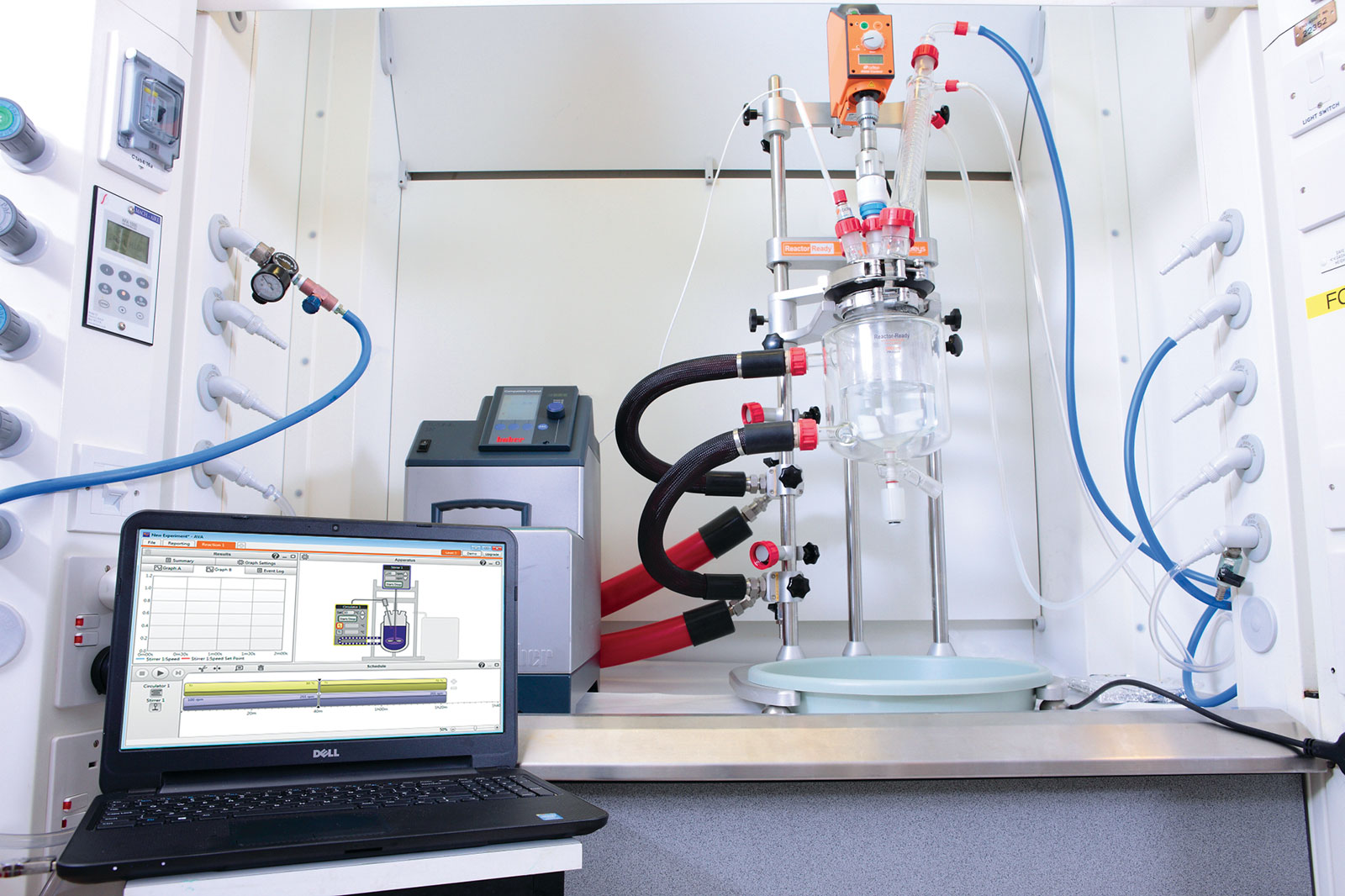Women-Only Massage – An Inclusive Approach to Wellness
In recent years, there has been a growing recognition of the importance of inclusivity in various aspects of wellness, with a notable trend emerging in the realm of massage therapy. Women-only massage services represent a significant step forward in this movement, providing a tailored approach that acknowledges and addresses the unique needs and concerns of women seeking relaxation and therapeutic relief. This focus on creating a safe and supportive environment reflects a broader understanding of the diverse experiences and challenges women face in their daily lives. By offering a dedicated space where women can feel completely at ease, these services foster an atmosphere of trust and openness, essential for the full benefits of massage therapy. This can be particularly significant for those who have experienced trauma or discomfort in mixed-gender settings. The presence of female therapists and the absence of male clients can significantly enhance the sense of safety and privacy, allowing clients to engage more fully with the therapeutic process.

The decision to establish 여성전용마사지 services is rooted in a recognition that some individuals may find greater comfort and relaxation in a setting exclusively composed of women. Such an environment supports not only physical well-being but also emotional and psychological comfort, contributing to a more holistic approach to wellness. Additionally, women-only massage services often incorporate specialized techniques and considerations that address common concerns among women. These may include adjustments for pregnancy, hormonal changes, or specific musculoskeletal issues that are more prevalent among women. By focusing on these areas, therapists can offer a more personalized and effective treatment, enhancing the overall experience for their clients. This attention to detail and empathy towards women’s unique physiological and emotional needs reflects a broader commitment to understanding and addressing individual wellness requirements.
Experience ultimate relaxation with our professional women-only massage therapist, ensuring privacy, comfort, and personalized care. Ultimately, the rise of women-only massage services underscores a significant shift towards more inclusive and considerate wellness practices. By providing a dedicated space that prioritizes comfort, safety, and tailored care, these services help bridge gaps in traditional massage therapy and contribute to a more nuanced and compassionate approach to health and well-being. As awareness of the benefits of such specialized services grows, they stand to play an increasingly important role in the broader landscape of wellness, promoting a more inclusive and supportive approach to self-care.a




